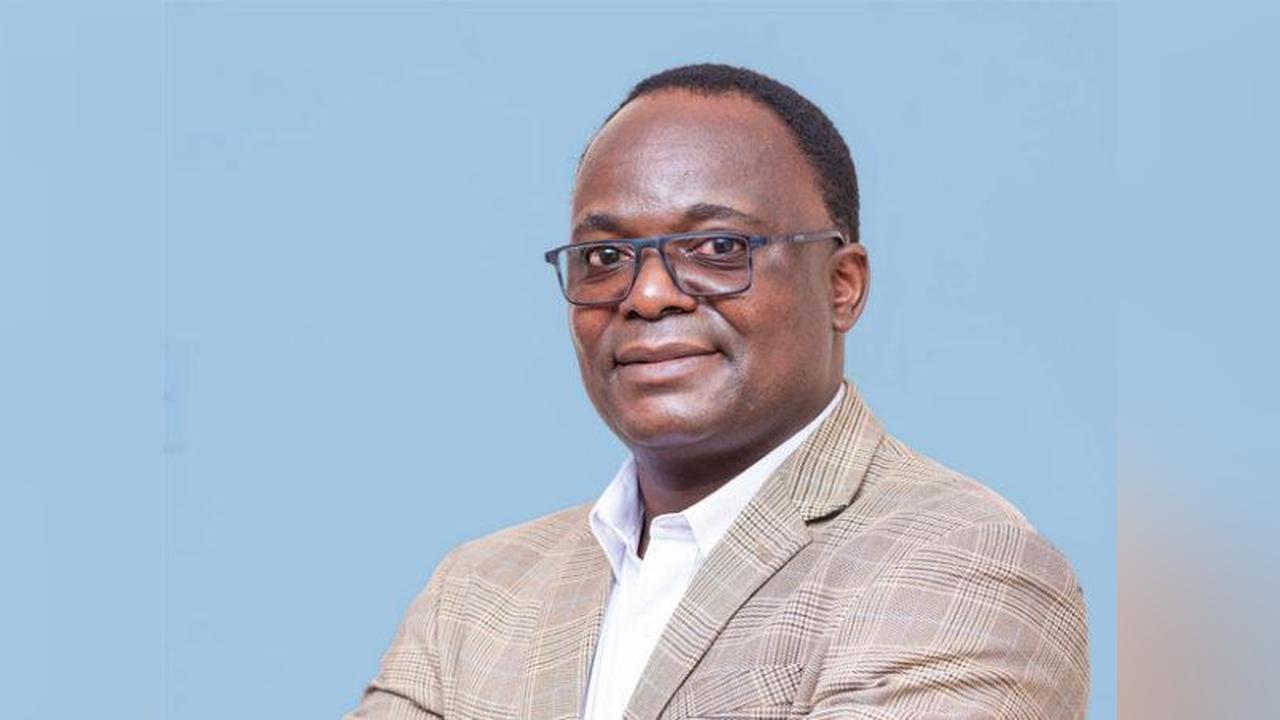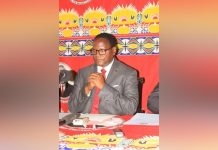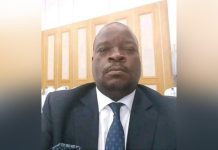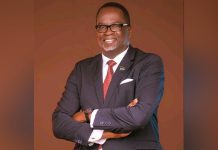Africa-Press – Malawi. A coalition of eleven Malawian civil society organisations has issued a joint submission demanding bold reforms to address deep-rooted human rights abuses affecting the most vulnerable groups in the country. The call comes ahead of Malawi’s 4th Cycle Universal Periodic Review (UPR) under the United Nations Human Rights Council.
Coordinated by the Centre for the Development of People (CEDEP) and the Centre for Human Rights Rehabilitation (CHRR), the submission paints a troubling picture of life for people with disabilities, refugees, prisoners, and the LGBTQI+ community. The NGOs argue that while Malawi has ratified key protocols and enacted some reforms, its record on the ground remains one of neglect, exclusion, and impunity.
The CSOs urge government to devolve disability services to district councils, reform refugee policies, and lift restrictions that suffocate civic space in camps. They call for an overhaul of the prison system to tackle overcrowding and inhumane conditions, and a decisive repeal of laws criminalising consensual same-sex relations. Without these steps, they warn, Malawi risks eroding its credibility before the international community.
Disability and Albinism Rights: Progress Undermined by Poor Implementation
The report acknowledges Malawi’s ratification of the African Disability Protocol in 2023, the adoption of the National Disability Policy (2025–2030), and the creation of the Malawi Council for Disability Affairs (MACODA). These milestones, the NGOs note, show a commendable effort to align with international standards.
The government has also constructed 67 houses for people with albinism and included sunscreen lotion on the essential medicines list. In addition, persons with disabilities have been integrated into public service roles, and inclusive education has been expanded in schools.
Yet beneath these positive developments lies a reality of systemic underfunding, limited access, and neglect. The Disability Trust Fund remains grossly under-resourced despite rising demand. Sign language is still missing from the justice and public service systems, leaving people with hearing impairments without meaningful access to courts or services. Persons with disabilities are routinely excluded from disaster response and social protection programs.
The coalition stresses that government must fully decentralize disability functions by placing officers in every district council, allocate sufficient funding to the Trust Fund and MACODA, and introduce mandatory sign language training for all social service workers.
Refugees and Migrants: A System on the Brink
The NGOs report that as of December 2024, Malawi was hosting over 56,000 refugees and asylum seekers, most of them crowded into Dzaleka Refugee Camp in Dowa, originally built for 10,000 people. Despite a long tradition of hospitality, Malawi’s refugee system is described as strained, bureaucratic, and punitive.
The CSOs highlight that the Refugee Status Determination Committee, responsible for reviewing asylum applications, has not been functional for years, leaving many asylum seekers in legal limbo. Some have waited nearly a decade for recognition. Those without refugee status are unable to access land, healthcare, and scholarships provided by UNHCR and its partners.
The NGOs decry the government’s decision to ban INUA Advocacy Organisation from operating in Dzaleka, despite it being a registered and licensed NGO. They say the move contradicts the government’s stated commitment to partnership and accountability. Refugees also continue to face gender-based violence, poor case management, and barriers to justice.
They urge authorities to reconstitute the Refugee Status Committee, review restrictions on movement and employment, and speed up the establishment of a new, larger refugee site in Chitipa to decongest Dzaleka.
Prison Conditions: Reform on Paper, Suffering in Reality
Malawi’s prison system remains in crisis despite some progress. The report acknowledges the drafting of the Malawi Correctional Services Bill (2024), which seeks to shift focus from punishment to rehabilitation, as well as the establishment of the Independent Complaints Commission (ICC) to tackle torture and abuse. The abolition of the death penalty is another step forward.
But these gains are overshadowed by continuing squalor and neglect. Overcrowding remains rampant at Maula, Zomba, and Chichiri prisons, while food shortages and inadequate infrastructure persist. Many districts, including Neno, still lack prison facilities, compromising justice delivery.
Prisons also fail to meet the needs of vulnerable inmates, with no provision for persons with disabilities or adequate facilities for juveniles. Women arrested while pregnant are often forced to remain behind bars with their newborns, and psychosocial services are almost non-existent.
The CSOs emphasize the need for government to inject serious resources into rehabilitation, improve prison infrastructure, construct juvenile facilities, and guarantee humane conditions that meet international standards.
LGBTQI+ Rights: Violence, Fear, and Silence
Perhaps the most politically sensitive section of the report deals with Malawi’s treatment of LGBTQI+ persons. Despite ratifying Resolution 275 on the protection of sexual minorities and registering the Nyasa Rainbow Alliance (NRA) as a legal entity, the state continues to enforce colonial-era provisions criminalising same-sex relationships, punishable by up to 14 years in prison.
The report notes a surge in violence and discrimination following the Constitutional Court’s dismissal of a petition seeking to legalise same-sex relations. Between June and December 2024, over 139 cases of violence against LGBTQI+ individuals were recorded — more than double the number from the previous year.
The testimonies are harrowing: transgender individuals humiliated by police, assaulted in public, and disowned by their families. The closure of donor-funded drop-in health centres that once provided safe care has further isolated the community, forcing many underground.
The NGOs call for the urgent repeal of repressive penal code provisions, training for law enforcement and health workers on equality and inclusion, and stronger enforcement against hate crimes. They also urge government to expand mental health and psychosocial services for sexual and gender minorities.
“Time to Match Words with Action”
CEDEP Executive Director Gift Trapence said the submission is a wake-up call for government to “move beyond symbolic ratifications and begin protecting real lives.” He stressed that Malawi’s leadership at the upcoming UPR would be judged not by speeches, but by tangible reforms.
CHRR’s Michael Kayiyatsa echoed this sentiment, warning that “Malawi risks losing its moral authority” if it continues to treat human rights as a public relations exercise rather than a lived commitment.
The joint report was submitted by CEDEP, CHRR, Youth and Society (YAS), the Association of Persons with Albinism in Malawi (APAM), the Federation of Disability Organisations in Malawi (FEDOMA), the Ivy Foundation, and the Paralegal Advisory Services Institute (PASI), among others.
As Malawi approaches its Universal Periodic Review before the United Nations, the message from civil society could not be clearer: human rights cannot remain promises on paper — they must be felt in the lives of every Malawian.
For More News And Analysis About Malawi Follow Africa-Press






